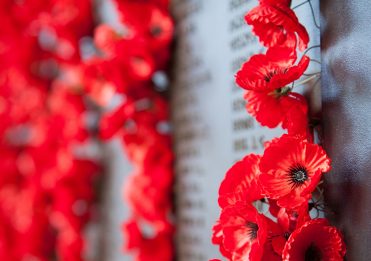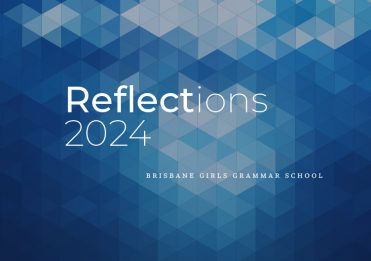OWL to Optimise Learning Success
This term brings with it the long-awaited start to the summative assessment component of the QCE/ATAR system. Year 11 students will be completing assessment that will ‘count’ towards their eventual ATAR ranking. Much planning has gone into developing both curriculum and assessment to ensure a rich and rewarding start to this new era.
As with summative assessment under the outgoing QCS/OP system, success will depend on a number of approaches to both classroom attentiveness and participation as well as a rigorous and well-planned approach to home study and revision. Our Year 7 Philosophy of Learning course introduced students to the acronym OWL—Organisation, Wise Use of Technology and Listening. This remains foundational to academic success. Aspects of the OWL approach will be unpacked below.
Active listening, as opposed to merely hearing, helps to ensure that classroom learning is maximised. This approach will ensure that detailed notes are taken in class, notes that will eventually act as effective learning and revision cues for home learning. Some students prefer handwritten notes while others prefer to use their laptop devices. No matter what method is used, it is very important that there is an accurate record of class activities and learning so as to ensure that important concepts are captured for later use.
Home learning and revision will become even more important as new subject syllabi are taught across the State. Many of these syllabi are more content-dense than the previous syllabi operating under the QCS/OP system. In short, students will be required to remember more material for longer. It is important to note that this is not uniform across syllabi and in some of the new curriculum there is more breadth than depth. Active, organised and sustained revision will assist in the successful traversing of this environment.
Below are a number of hints that may help with successful and sustained study and revision:
- Exercise and sunlight is essential for wellbeing. Slip, slop and slap and engaging the heart beat are wonderful companions to effective study.
- Sleep is essential for learning success. Some research refers to this as sleep hygiene. Anything that causes sleep loss is not the friend of effective learning.
- Do it now and don’t procrastinate! Start Day 1, Week 1 of a new term or unit of work.
- Listen effectively in class, heeding and noting advice.
- Determine what time of day best suits individual study/revision needs (e.g. early morning or evening). Much research has found that evenings best suit the teenaged brain. Individual difference needs to be taken into account when learning the best time of day for each individual student.
- Set aside one day per weekend (longer during peak periods) for active study and revision. A disciplined approach to time management is needed (e.g. start on the hour and work for 50 minutes, then break for 10 minutes and start again on the hour).
- Have a study/revision schedule prepared before starting a study/revision session. This will save time, creating time efficiencies.
- If a given study/revision schedule is not working, don’t be afraid to walk away from it in order to start again later. Clearing the mind can help to build study/revision efficiencies.
- Mobile phones should not feature in the study space. They are distractors and thwart any notion of effective study/revision.
- Laptop devices should not be connected to WiFi when the internet is not needed. They too are distractors.
The OWL method represents a proactive approach for learning success at both School and home. Combined with a personal best strategy (also developed throughout the Year 7 Philosophy of Learning course), learning strategies can be developed to optimise individual assessment performance. Disciplined practise of these techniques, in order to develop effective and sustained study and revision practice, will help to ensure that both the content and skill requirements of the new suite of subject syllabi will be actively mastered.
Dr Bruce Addison
Deputy Principal (Academic)




